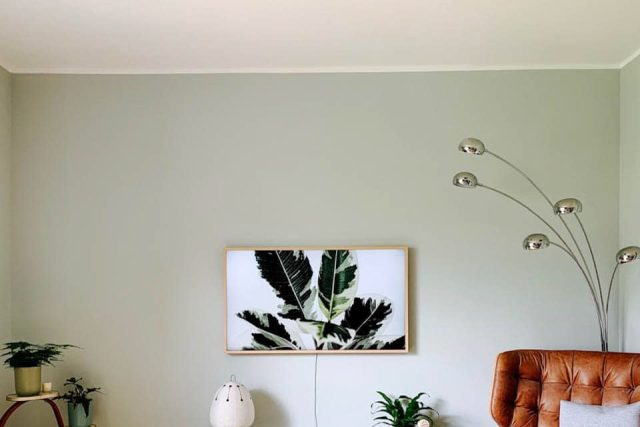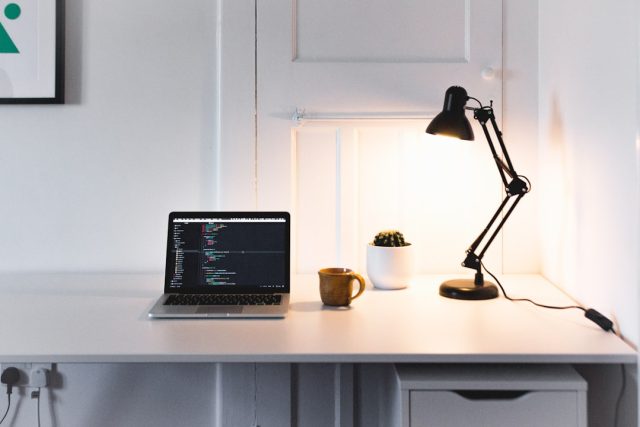Lighting is a crucial element in interior design as it can completely transform the look and feel of a space. Proper lighting can enhance the ambiance, highlight architectural features, and create a welcoming atmosphere. It is essential to consider the function of the space and the activities that will take place in it when choosing the right lighting. In addition to functionality, lighting also plays a significant role in setting the mood and creating a visually appealing environment. Whether it’s natural light, overhead fixtures, or floor lamps, each type of lighting serves a specific purpose in interior design.
Furthermore, lighting Zangkao can also affect the perception of space. Well-lit rooms tend to feel more spacious and open, while poorly lit areas can feel cramped and uninviting. The right lighting can also draw attention to focal points in a room, such as artwork or furniture, and create a sense of balance and harmony. In summary, lighting is an essential aspect of interior design that should not be overlooked. It has the power to influence the overall look and feel of a space, making it a key consideration in any design project.
Choosing the Right Floor Lamp for Your Space
When it comes to choosing the right floor lamp for your space, there are several factors to consider. First and foremost, you should think about the purpose of the lamp. Are you looking for task lighting for reading or working, or do you need ambient lighting to create a cozy atmosphere? Once you have determined the function of the lamp, you can then consider the style and design that will best complement your space. From sleek and modern to traditional and ornate, there are countless options to choose from when it comes to floor lamps.
In addition to style, it’s important to consider the size and scale of the lamp in relation to the room. A large, statement floor lamp can make a bold impact in a spacious living room, while a smaller, more understated lamp may be better suited for a cozy reading nook. Furthermore, you should also think about the placement of the lamp and how it will interact with other elements in the room. Ultimately, choosing the right floor lamp is about finding a balance between form and function that complements your space and enhances its overall design.
Different Styles and Designs of Floor Lamps
Floor lamps come in a wide variety of styles and designs, making it easy to find the perfect option for any space. From sleek and minimalist to ornate and traditional, there is a floor lamp to suit every taste and aesthetic. For those who prefer a modern look, there are plenty of options featuring clean lines, geometric shapes, and metallic finishes. On the other hand, those who appreciate a more classic style can opt for floor lamps with intricate detailing, rich materials, and timeless silhouettes.
In addition to style, floor lamps also come in various designs to suit different lighting needs. For example, adjustable floor lamps are perfect for task lighting as they can be positioned to direct light exactly where it’s needed. Arc floor lamps are great for providing overhead lighting without the need for ceiling fixtures, making them ideal for spaces with high ceilings. Torchiere floor lamps, on the other hand, are designed to cast light upwards, creating a soft, ambient glow. With so many styles and designs to choose from, finding the perfect floor lamp for your space is simply a matter of personal preference and practicality.
How to Position and Use Floor Lamps to Maximize their Effect
Proper positioning and use of floor lamps are essential to maximize their effect in a space. When positioning a floor lamp, it’s important to consider both the function of the light and its visual impact. For task lighting, such as reading or working, the lamp should be placed near the area where the light is needed, such as next to a chair or desk. This ensures that the light is directed where it’s needed without causing glare or shadows. For ambient lighting, on the other hand, floor lamps can be placed in corners or behind furniture to create a soft, diffused glow that enhances the overall atmosphere of the room.
In addition to positioning, it’s also important to consider how to use floor lamps effectively. Dimmer switches are a great way to control the intensity of the light and create different moods in a space. By adjusting the brightness of the lamp, you can easily transition from bright task lighting to soft ambient lighting as needed. Furthermore, using multiple floor lamps in a room can help distribute light evenly and create a layered lighting effect that adds depth and dimension to the space. By carefully considering positioning and use, floor lamps can be a versatile and effective lighting solution for any room.
Incorporating Floor Lamps into Different Rooms in Your Home
Floor lamps are a versatile lighting option that can be incorporated into various rooms in your home to enhance their functionality and aesthetics. In the living room, a statement floor lamp can serve as a focal point and add visual interest to the space. It can also provide ambient lighting for relaxing or entertaining, as well as task lighting for reading or playing games. In the bedroom, floor lamps can be used as bedside lighting for reading or creating a cozy atmosphere. They can also be placed in dressing areas to provide additional light for getting ready.
In home offices or study areas, floor lamps are essential for providing task lighting for reading, working, or studying. Adjustable floor lamps are particularly useful in these spaces as they can be positioned to direct light onto desks or work surfaces. In addition to these common areas, floor lamps can also be used in entryways, hallways, and dining rooms to add warmth and illumination. By incorporating floor lamps into different rooms in your home, you can create a well-lit and inviting environment that meets your specific lighting needs.
Tips for Maintaining and Cleaning Your Floor Lamp

Proper maintenance and cleaning are essential for keeping your floor lamp looking its best and functioning properly. Regular dusting with a soft cloth or duster can help prevent dirt and debris from building up on the lamp’s surface. For more thorough cleaning, you can use a mild soap solution and a soft cloth to gently wipe down the lamp’s base and shade. Be sure to avoid using harsh chemicals or abrasive materials that could damage the finish or material of the lamp.
In addition to cleaning, it’s important to regularly check and tighten any loose screws or connections on the lamp to ensure its stability and safety. If your floor lamp has a fabric shade, you may also want to consider vacuuming or spot cleaning it as needed to remove any dust or stains. Finally, if your floor lamp has any electrical components, such as bulbs or switches, be sure to follow manufacturer recommendations for maintenance and replacement to ensure safe and efficient operation. By following these tips for maintaining and cleaning your floor lamp, you can prolong its lifespan and keep it looking beautiful for years to come.
DIY Floor Lamp Ideas for a Personalized Touch
For those who enjoy getting creative and adding a personal touch to their home decor, DIY floor lamp ideas offer endless possibilities for customization. One popular option is to repurpose existing materials or objects into unique floor lamps. For example, old wooden crates or branches can be transformed into rustic floor lamp bases with some simple wiring and a light kit. Similarly, vintage items such as cameras or musical instruments can be upcycled into one-of-a-kind floor lamps that add character and charm to any space.
Another DIY idea is to customize the shade of a floor lamp with fabric or paint to match your decor or add a pop of color. By using stencils or fabric dye, you can create custom patterns or designs that reflect your personal style. Additionally, incorporating elements such as beads, shells, or feathers into the shade can add texture and visual interest to the lamp. For those with woodworking skills, building a custom wooden frame for a floor lamp is another great way to create a personalized lighting fixture that complements your home decor.
In conclusion, DIY floor lamp ideas offer an opportunity to unleash your creativity and make a unique statement in your home. Whether repurposing materials, customizing shades, or building from scratch, there are countless ways to personalize your floor lamps and add a touch of individuality to your space.



Hottest Posts
Table lamp / Lighting
Timeless Elegance: Vintage Brass Gear Table Lamp
Pendant light / Lighting
Japanese Log Grid Ceiling Lamp: A Unique Lighting Option
Lighting / Pendant light
Bohemian-Inspired Chandeliers: Adding Colorful Flair to Your Space
Pendant light / Lighting
Enhancing Spaces with Modern LED Line Lights
Lighting / Table lamp
Vintage Charm: Retro Table Lamp in American Style
Floor lamp / Lighting
Enhance Your Bedroom with a Vertical Floor Lamp